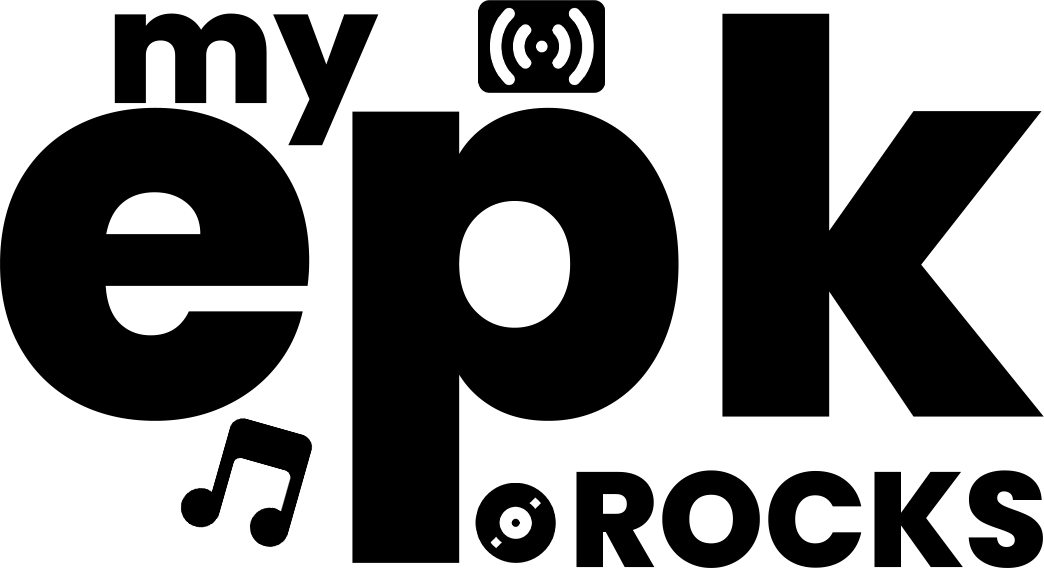Okay, let’s dive into the world of personalized content and hyper-targeted marketing for music artists, broken down in a way that hopefully makes sense and maybe even gets you a bit fired up. Forget the dry textbook definitions, we’re talking about using data to connect with your fans in a way that feels… well, human.
Personalized Content: It’s Not Just a Buzzword, It’s Your New Best Friend
Think about your own experience as a music consumer. How many times have you been bombarded with generic ads for artists you’ve never heard of, or playlists that just don’t get your vibe? It’s frustrating, right? It’s like yelling into a void.
Personalized content aims to solve that. Instead of blasting the same message to everyone, it’s about tailoring your message, your music recommendations, even your interactions to each individual listener based on what you know about them. It’s about making them feel seen, heard, and understood.
Okay, but how does it actually work?
This is where the “data” part comes in. Now, I know “data” can sound scary and Orwellian, but trust me, when used ethically and effectively, it’s pure gold for artists. Think of it as gathering clues to understand what makes your audience tick.
Here are some of the key types of data you can leverage:
-
Demographics: This is the basics – age, location, gender, etc. It gives you a broad overview of who your audience is. Tools like Facebook Audience Insights (even though you might not be on Facebook, understanding who is, is super important to understanding who is NOT) and Google Analytics can help you gather this info.
-
Behavioral Data: This is where things get interesting. It’s all about what your fans do. This includes:
- Streaming history: What songs do they listen to? What artists do they follow? Which playlists do they frequent? Platforms like Spotify for Artists and Apple Music for Artists provide a wealth of this information.
- Website activity: What pages on your website do they visit? How long do they spend on each page? What merch do they browse? Tools like Google Analytics or even simpler options like Squarespace Analytics (if you use Squarespace for your site) can track this.
- Social media engagement: What posts do they like, comment on, or share? Which of your social media profiles do they follow? Hootsuite and Buffer are popular social media management tools that can track engagement.
- Email interactions: Do they open your emails? Do they click on links? Mailchimp and Klaviyo are popular email marketing platforms that track this.
- Purchase history: What merch have they bought? Have they purchased tickets to your shows? This data can come from your online store, ticketing platforms like Ticketmaster or Eventbrite, or even your own records from selling merch at gigs.
-
Psychographics: This is the deepest level. It’s about understanding your fans’ values, interests, lifestyle, and opinions. This is harder to gather directly, but you can infer it from their behavior and use surveys, polls, and social listening to get a better picture. Think about using SurveyMonkey or creating polls on your social media platforms.
Turning Data into Actionable Insights: How to actually use this stuff.
Collecting data is only half the battle. The real magic happens when you turn that data into actionable insights that inform your marketing strategy. Here are some examples of how you can use personalized content to connect with your fans:
-
Personalized Email Marketing:
- Segment your email list: Don’t send the same email to everyone. Segment your list based on demographics, listening habits, purchase history, or any other relevant data point. For example, you could create a segment of fans who frequently listen to your acoustic songs and send them an email about an upcoming acoustic performance.
- Personalized subject lines: Use the recipient’s name in the subject line to grab their attention. Studies show that personalized subject lines increase open rates.
- Tailored content: Craft email content that resonates with each segment. Mention their favorite songs, recommend similar artists, or offer exclusive discounts on merch they’ve previously expressed interest in. For example, send an email to fans who bought a specific t-shirt at a past show, offering them a discount on a new design.
- Automated email sequences: Set up automated email sequences that trigger based on specific actions. For example, send a welcome email to new subscribers, a thank-you email to fans who purchase merch, or a re-engagement email to inactive subscribers.
-
Hyper-Targeted Social Media Ads:
- Create custom audiences: Use the data you’ve collected to create custom audiences on platforms like Facebook, Instagram, and TikTok. You can upload email lists, website visitor data, or even create lookalike audiences based on your existing fans.
- Tailor your ad creative: Create different ad creatives for each audience segment. For example, you could show different versions of your music video to different age groups, or promote different merch items to fans based on their past purchases.
- Use dynamic product ads: If you sell merch, use dynamic product ads to show fans the specific products they’ve viewed on your website.
- Target fans by interests: Use the targeting options on social media platforms to reach fans who are interested in similar artists, genres, or activities.
-
Personalized Music Recommendations:
- Create custom playlists: Create custom playlists for different segments of your audience. For example, you could create a playlist of your most popular songs for new listeners, or a playlist of your deep cuts for your hardcore fans.
- Use recommendation engines: If you have your own website or app, consider using a recommendation engine to suggest songs to listeners based on their listening history. There are a number of different music recommendation api’s out there like Last.fm
- Collaborate with other artists: Collaborate with other artists who share a similar audience to cross-promote your music to each other’s fans.
-
Personalized Website Experience:
- Greet returning visitors by name: Use cookies to remember returning visitors and greet them by name.
- Show personalized content: Show different content to different visitors based on their location, device, or browsing history. For example, you could show upcoming concert dates in their city or recommend merch items they’ve previously viewed.
- Offer personalized discounts: Offer personalized discounts to returning visitors or fans who have purchased merch in the past.
-
More Personal Touches
- Handwritten Thank You Notes: A genuine, handwritten note to a fan who’s been supporting you since day one goes a long way.
- Social Media Shout-Outs: Acknowledge fans by name on social media. A quick shoutout in your stories or a reply to their comment can make their day.
- Virtual Meet-and-Greets: Host virtual meet-and-greets exclusively for your loyal fans. Offer a chance to chat, ask questions, and feel connected to you.
The Ethical Considerations (Don’t be creepy!)
Okay, before you go full-on data stalker, let’s talk ethics. It’s crucial to be transparent with your fans about how you’re collecting and using their data. You need their consent, plain and simple.
- Privacy policies: Have a clear and easy-to-understand privacy policy on your website that explains what data you collect, how you use it, and how fans can opt out.
- Consent: Get explicit consent from fans before collecting their data. This can be as simple as a checkbox on your email signup form or a popup on your website.
- Respect their privacy: Don’t collect more data than you need, and don’t share their data with third parties without their consent.
- Be transparent: Be upfront about how you’re using their data to personalize their experience. Don’t try to trick them or hide the fact that you’re using data.
Think of it this way: personalization should enhance the fan experience, not creep them out. The goal is to build genuine connections, not manipulate people into buying your stuff. The more transparent you are about what information you are tracking, the better off you will be. People are way more willing to give up information if they know how it’s being used.
For the New Artist: Start Small, Think Big
If you’re just starting out, don’t get overwhelmed by all this data talk. You don’t need a fancy data science degree to start using personalized content.
- Focus on building your email list: This is your direct line to your fans. Offer a free download or exclusive content in exchange for their email address.
- Track your social media engagement: Pay attention to what posts resonate with your audience and create more content like that.
- Ask your fans questions: Use polls and surveys to learn more about their preferences.
- Use basic analytics: Track your website traffic and social media engagement to get a basic understanding of your audience.
- Start making good use of the Artist platforms like spotify or apple music.
For the Seasoned Artist: Level Up Your Game
If you’ve been around the block a few times, you probably already have a decent amount of data at your disposal. It’s time to take things to the next level.
- Invest in a CRM: A Customer Relationship Management (CRM) system can help you manage your fan data and personalize your interactions at scale. Look into options like HubSpot or Salesforce.
- Hire a data analyst: If you’re serious about data-driven marketing, consider hiring a data analyst to help you make sense of your data and identify actionable insights.
- Experiment with advanced personalization techniques: Try using dynamic content on your website, personalized video messages, or even augmented reality experiences to engage your fans.
- Focus on fan loyalty: Use personalized content to reward your loyal fans and make them feel valued. Offer exclusive discounts, early access to tickets, or personalized shout-outs.
The Future of Personalized Content in Music
Personalized content is only going to become more important in the future. As AI and machine learning continue to evolve, we’ll see even more sophisticated ways to personalize the music experience.
- AI-powered music creation: AI could be used to create music that is specifically tailored to an individual listener’s preferences.
- Virtual reality concerts: VR concerts could be personalized to each attendee, with different camera angles, special effects, and even personalized interactions with the artist.
- Personalized merch: 3D printing could be used to create personalized merch items that are tailored to each fan’s unique style.
The possibilities are endless. The key is to stay ahead of the curve and be willing to experiment with new technologies.
In Conclusion: It’s About Connection, Not Just Conversion
Personalized content isn’t just about selling more records or tickets (although it can certainly help with that). It’s about building deeper, more meaningful connections with your fans. It’s about making them feel seen, heard, and understood. And that’s something that’s worth investing in, no matter where you are in your career.
So, take a deep breath, start exploring your data, and get ready to connect with your fans on a whole new level. And remember, be genuine, be ethical, and have fun! The music industry is constantly evolving, and personalized content is a tool that can help you stay ahead of the game. Good luck! Now, go make some music and connect with your fans!


